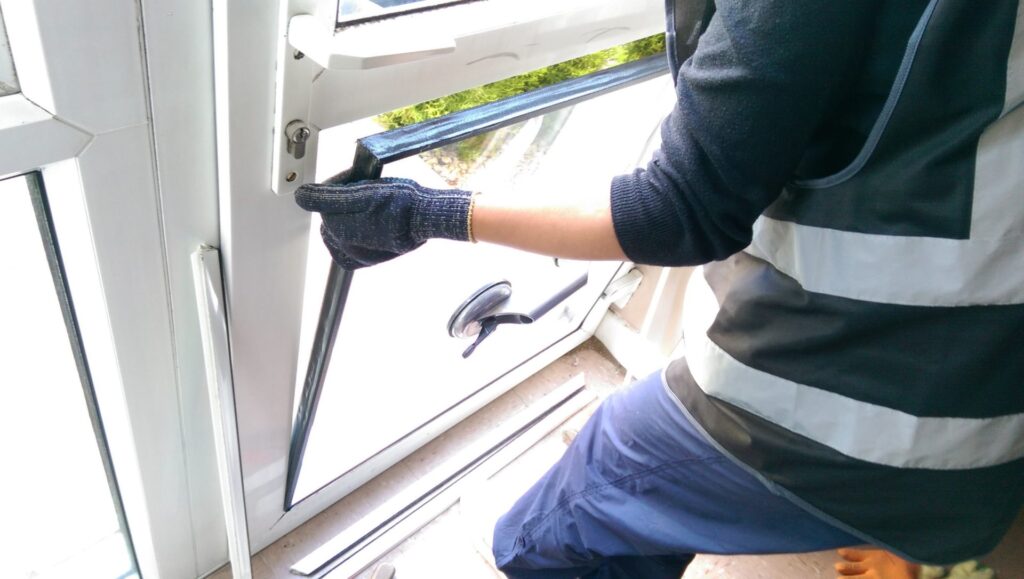15 Reasons Why You Shouldn't Overlook Residential Glass Repair
Residential Glass Repair: Understanding the Process, Benefits, and FAQs
Glass is a basic element of many residential structures, using both aesthetic appeal and functional advantages. From Top-Rated Window Repair and windows to shower enclosures and mirrors, glass aspects can improve the beauty of a home. However, like any material, glass is vulnerable to damage from accidents or natural wear and tear. This post explores the different elements of residential glass repair, including typical types of damage, repair procedures, benefits, and regularly asked concerns.
Typical Types of Glass Damage
Residential glass can struggle with various types of damage that might demand repair or replacement. Here are some typical concerns homeowners encounter:
Type of Damage
Description
Fractures
Noticeable fissures that can jeopardize structural integrity and security.
Chips
Little breakages that frequently occur on the edges of glass panes.
Shattered Glass
Complete damage of the glass, rendering it unusable and posturing safety threats.
Fogged or Cloudy Glass
Collected moisture between glass panes leads to a cloudy appearance.
Scratches
Surface area imperfections that can lessen clarity, particularly on windows.
Comprehending these common types of damage can help homeowners recognize the need for repair and take prompt action.
The Glass Repair Process
The process of residential glass repair differs depending on the kind of damage and the specific glass part involved. Here's a general overview of how the repair process typically unfolds:
1. Assessment
A trained technician assesses the damage, figuring out whether repair or replacement is the very best choice. This evaluation may include examining the level of cracks, chips, or other concerns.
2. Measurement
If a replacement is necessary, precise measurements of the existing glass are taken to ensure a correct fit.
3. Glass Selection
Depending upon the kind of glass being fixed or replaced (single-pane, double-pane, tempered, and so on), the technician will source the appropriate materials.
4. Preparation
The area around the broken glass is prepared. This includes getting rid of broken pieces and cleaning the surrounding frame.
5. Repair/Replacement
- For minor chips and cracks: A resin is injected into the damaged location, cured with UV light, and polished to restore clarity.
- For shattered glass: The harmed pane is eliminated and replaced with brand-new glass, making sure a protected fit.
6. Clean-Up
After the repair or replacement is complete, the technician will clean up the area, making sure no particles is left.
7. Final Inspection
Finally, a thorough assessment is carried out to verify the integrity and functionality of the fixed or replaced glass.
Advantages of Professional Glass Repair
Choosing professional glass repair services uses numerous benefits for property owners, consisting of:
- Safety: Trained specialists follow security procedures to guarantee that the repair or replacement process does not present any dangers.
- Quality: Professionals use state-of-the-art products and have the competence to make sure lasting repairs.
- Time Efficiency: Experienced specialists can complete repairs quickly, minimizing disturbance to the home.
- Cost-Effectiveness: Addressing small damages promptly can avoid more comprehensive and costly repairs in the future.
- Increased Property Value: Maintaining the stability of glass components can enhance the general aesthetic appeal, favorably impacting property worth.
Regularly Asked Questions (FAQs)
1. How do I know if my glass can be fixed or requires replacement?
A professional evaluation is the best method to identify this. Small fractures and chips can typically be repaired, while considerable damage or shattered glass might need replacement.
2. What should I do if my window glass is fogging up?
Misting typically suggests a broken seal in double-pane windows. Speak with a glass repair professional for an assessment and potential replacement.
3. Can I repair minor glass chips myself?
DIY repairs can be efficient for small chips, but for the best results and to guarantee security, it is suggested to seek advice from a professional.
4. How long does the typical glass repair take?
The timeline can vary based on the extent of the damage and the kind of glass, but many repairs are completed within a couple of hours.
5. Will my property owners insurance cover glass repair or replacement?
Protection differs by policy. It's a good idea to talk to your insurance supplier to understand your particular protection.
6. What is the cost of residential glass repair?
The expense depends on a number of elements, including the type of glass, extent of the damage, and whether repair or replacement is required. Homeowners ought to get several quotes to compare costs.
Residential glass repair is an important service that makes sure the security, performance, and visual appeal of a home. By understanding the kinds of damages, the repair process, and the benefits of professional intervention, house owners can make informed choices when faced with glass problems. Always consider seeking advice from a certified technician to examine any glass-related damage in your home, preserving both security and design in your living areas.
